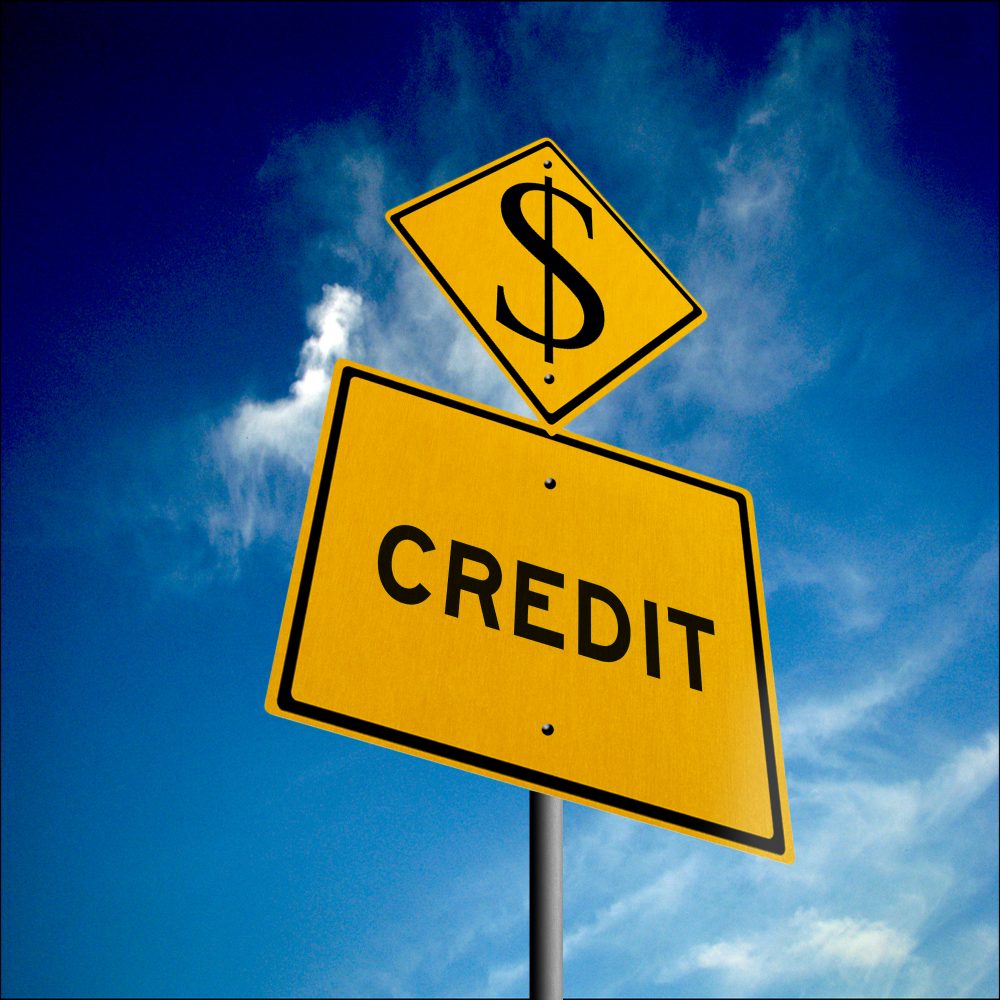Having good credit can open up many financial doors, such as loan acceptance for a new house or low-interest loans and credit cards. However, creditors love to use their three favorite words, “on approved credit.” Meaning, the doors for opportunity are closed unless you have a good credit score.
Want to improve your credit score? What positively impacts your credit score and how can you improve your credit score if it is less than perfect?
If you’re unsatisfied with your current credit score, continue reading to learn how to rebuild your credit score.
Payment History
Your payment history makes up 35% of your credit score. With such a strong impact on your score, you can boost your score simply by making payments on time.
Creditors typically report your payment activity every 30 days. That means every time you make a credit card or loan payment, your score has the potential to rise. It may take time, but be patient as your positive payment history will pay off in the long run.
Credit Utilization Ratio
One of the fastest ways to positively impact your credit score is to pay down balances on your credit accounts. It lowers your credit utilization rate, which is an important credit score factor.
Your credit utilization ratio is the amount of revolving credit you are using compared to the total amount of credit available to you. If you have $1,000 in debt but have $10,000 in available credit, you have a 10% credit utilization ratio.
When it comes to your credit score, generally the lower your credit utilization rate is, the better it is for your score. High credit score achievers with a credit score of 750-799 have a ratio of 10% or less. Those with a credit score of 800 or higher have a utilization ratio of 4% or less. Pay down your credit balances and you may see your credit score rise too.
Keep paying down your balances until you are debt-free is a necessary step to achieving financial freedom.
Age of Credit History
Your credit accounts’ average age is also a strong variable in determining your credit score. Many experts recommend not closing old accounts as they may drop the age of your credit history.
Your oldest accounts’ age is also a factor, so be wary of closing it, even if it is paid off. Conversely, it may be wise to resist opening up new credit accounts as it may lower the average age of your credit history.
A Mix of Credit Types
Those with high credit scores typically have a diverse portfolio of credit accounts. FICO, VantageScore, and other credit scoring models consider the types of accounts you have and how many of each type you have.
Why is a credit mix of different account types important? Because lenders want to see how you’ve handled a variety of debt experiences.
Try adding different credit types to your portfolio if appropriate. For example, if you only have credit cards, you may consider taking out a personal bad credit loan that you can repay quickly and responsibly.
Smart Tips on How to Rebuild Your Credit
Address the tips above if you want to know how to rebuild your credit. Be prepared to wait as it takes time for credit reports to be updated. Keep making payments on time and try to pay down the principal on some of your accounts.
That may mean taking on a part-time job or side hustle, but as your balances diminish, your credit score should rise.
Photo credit 401(k)2012


